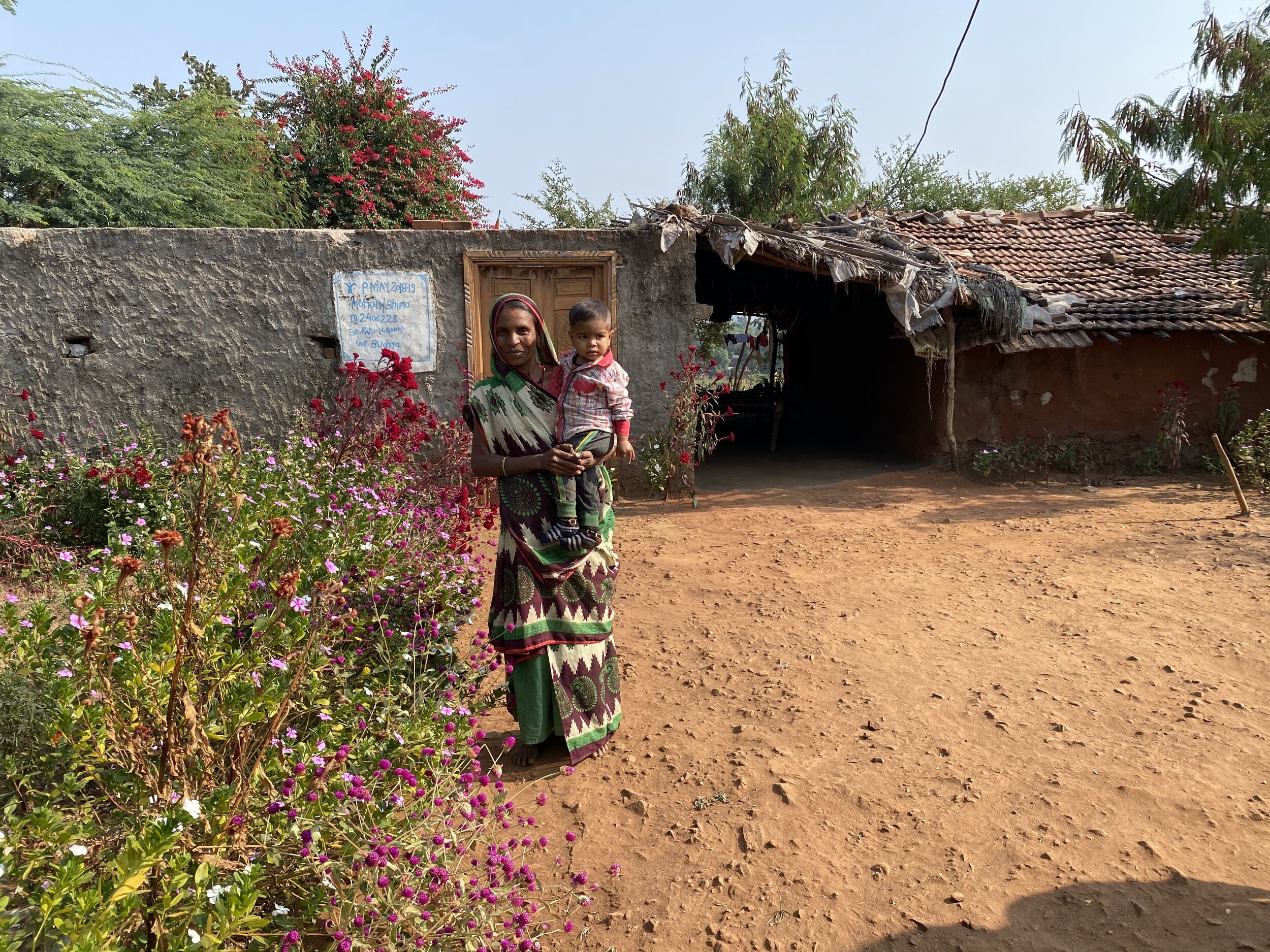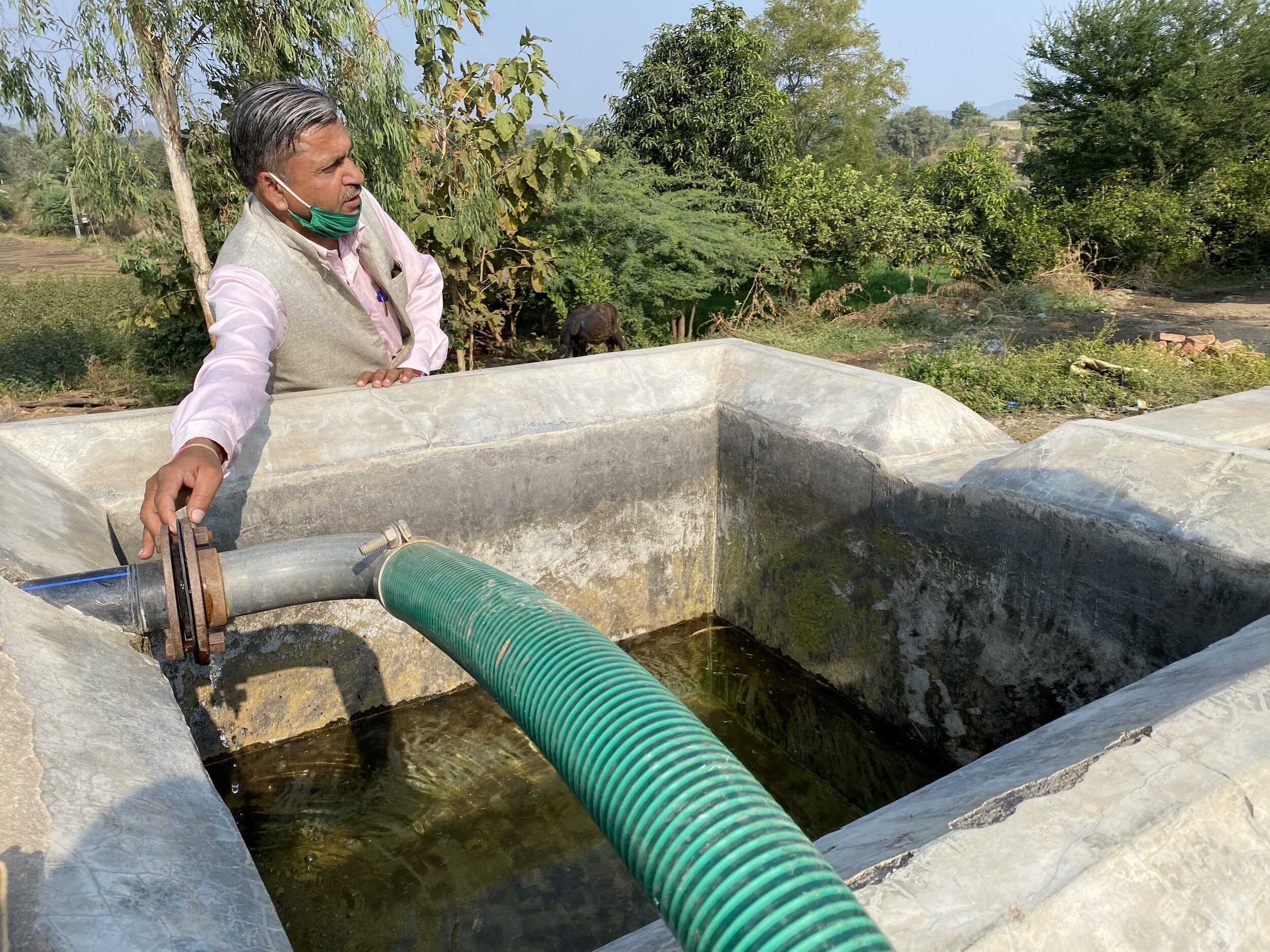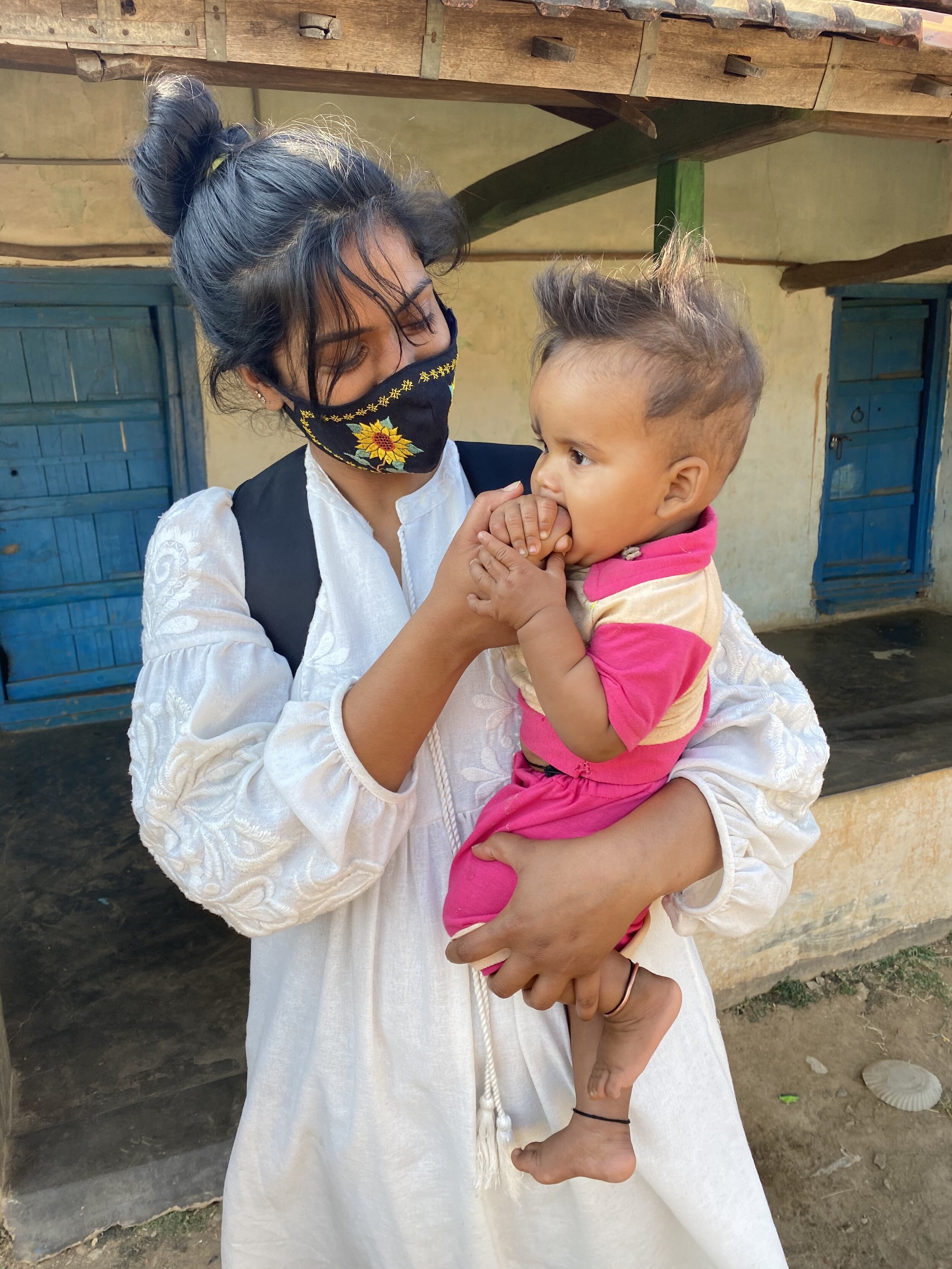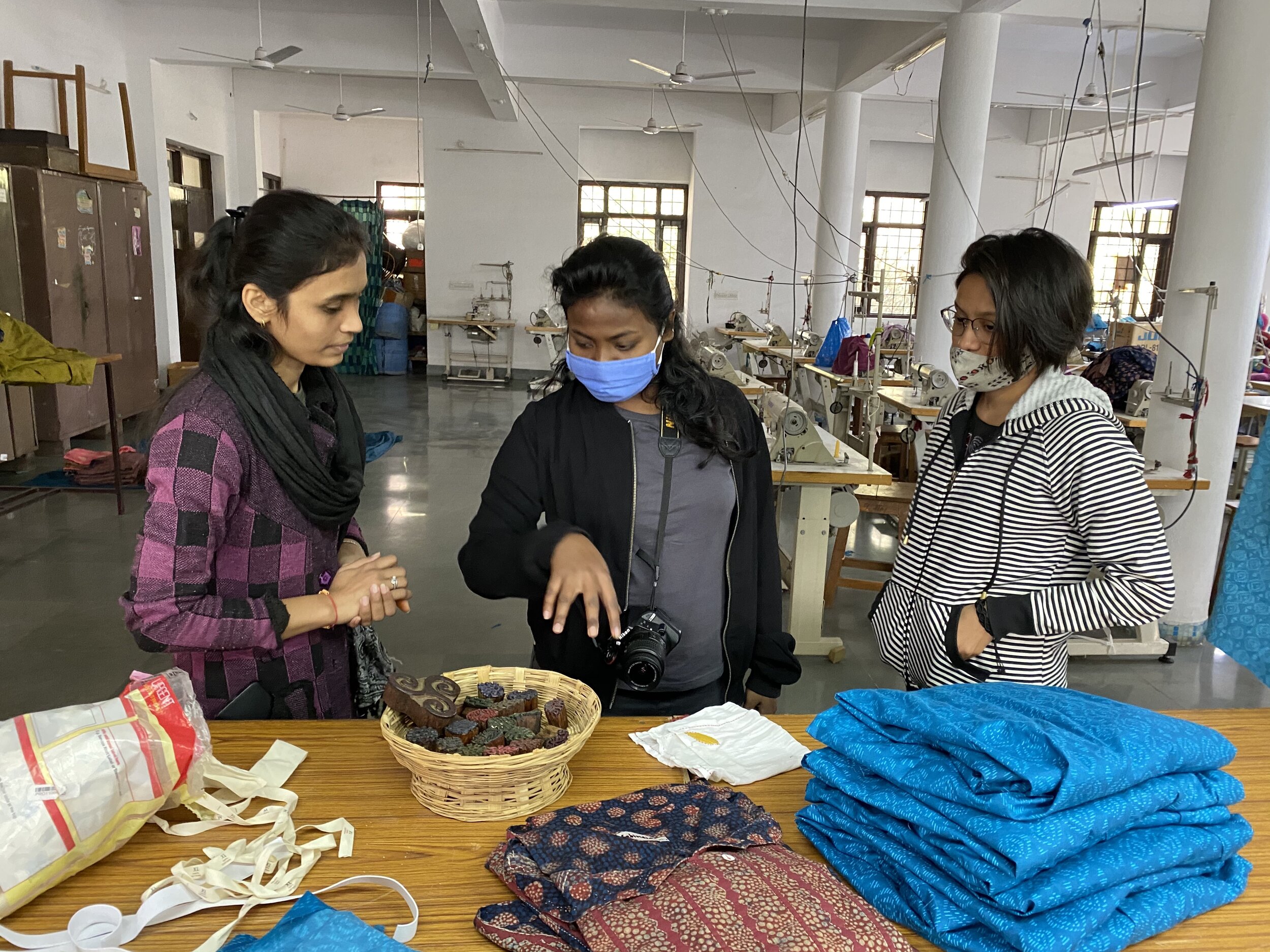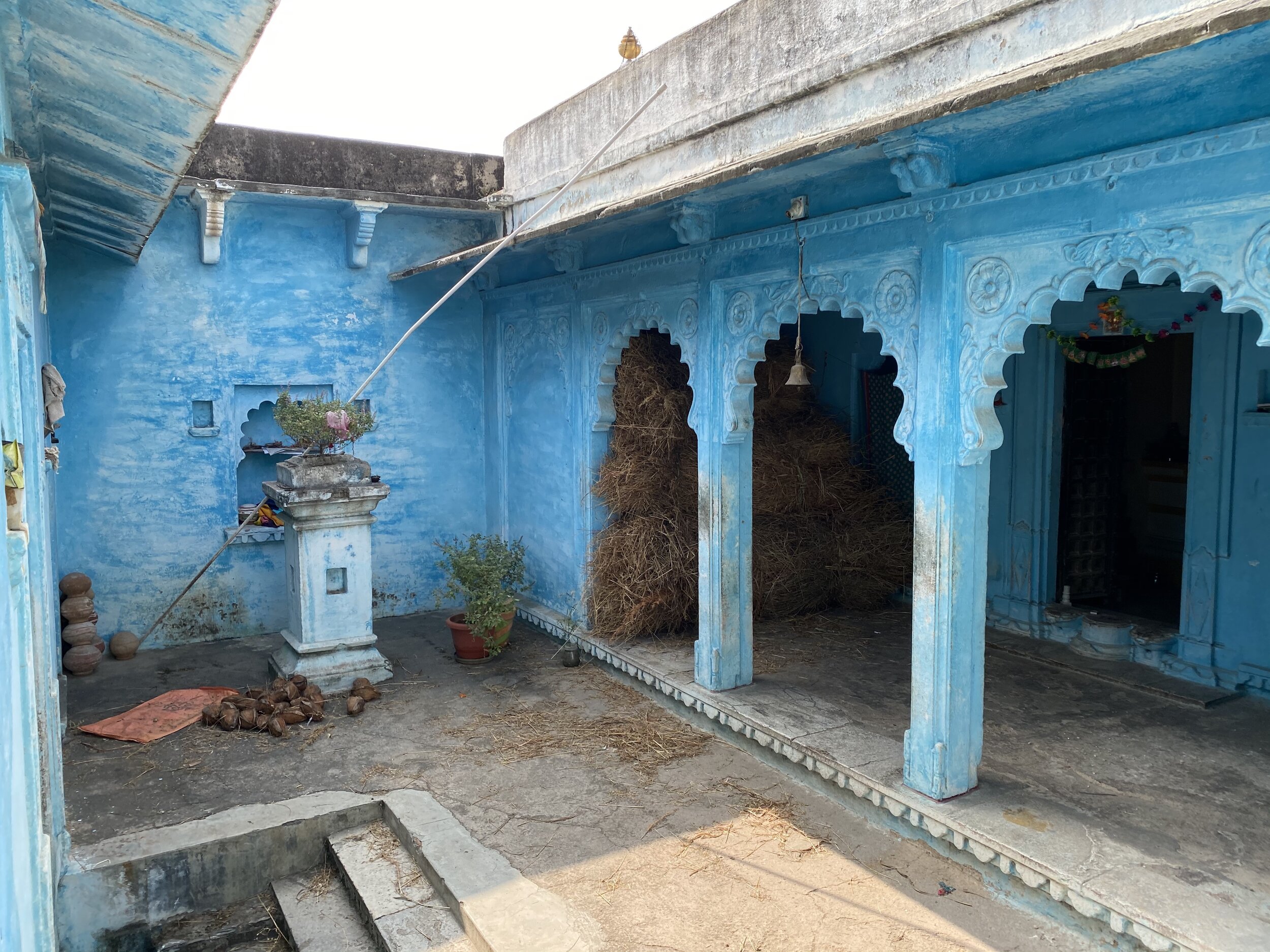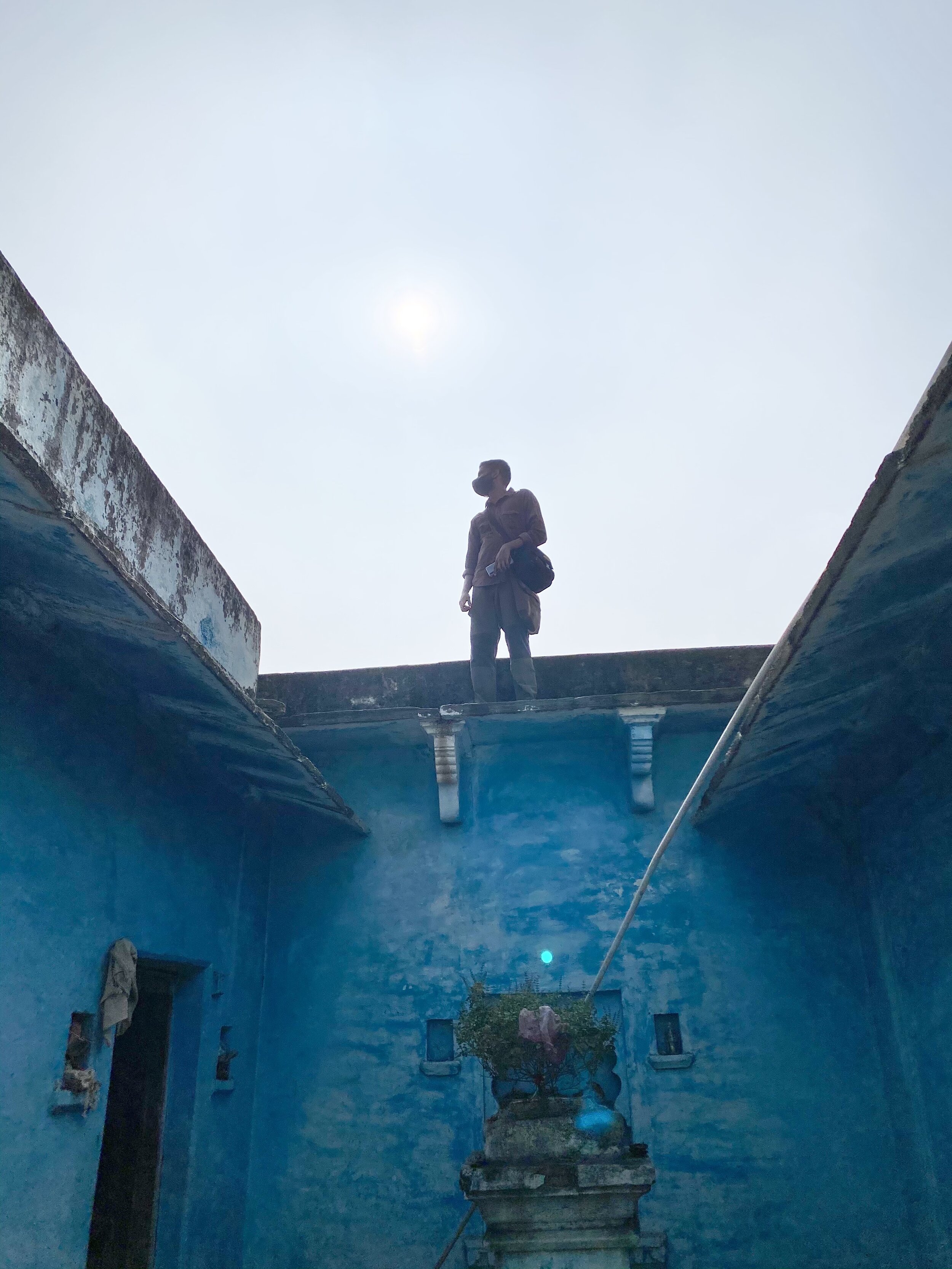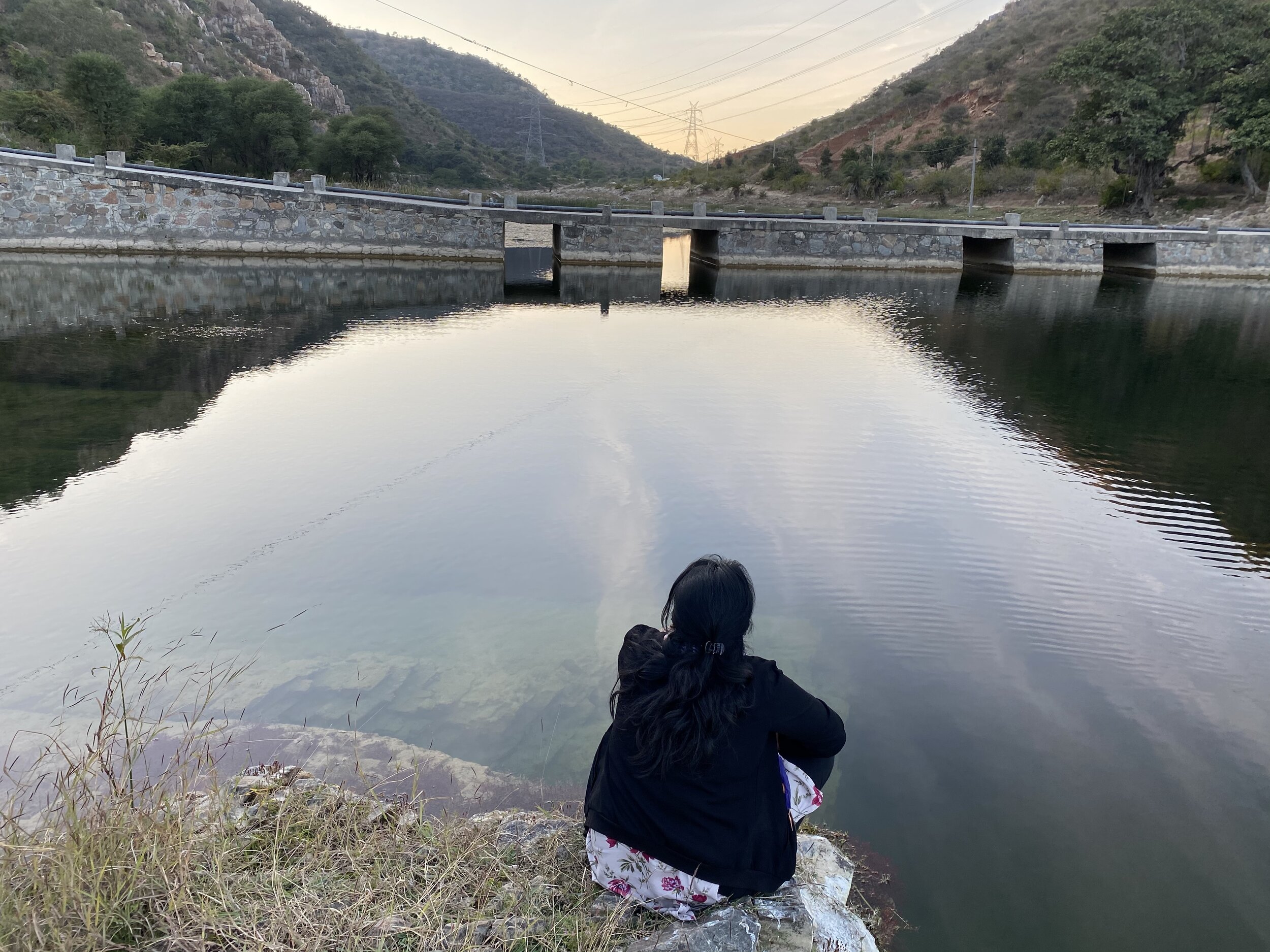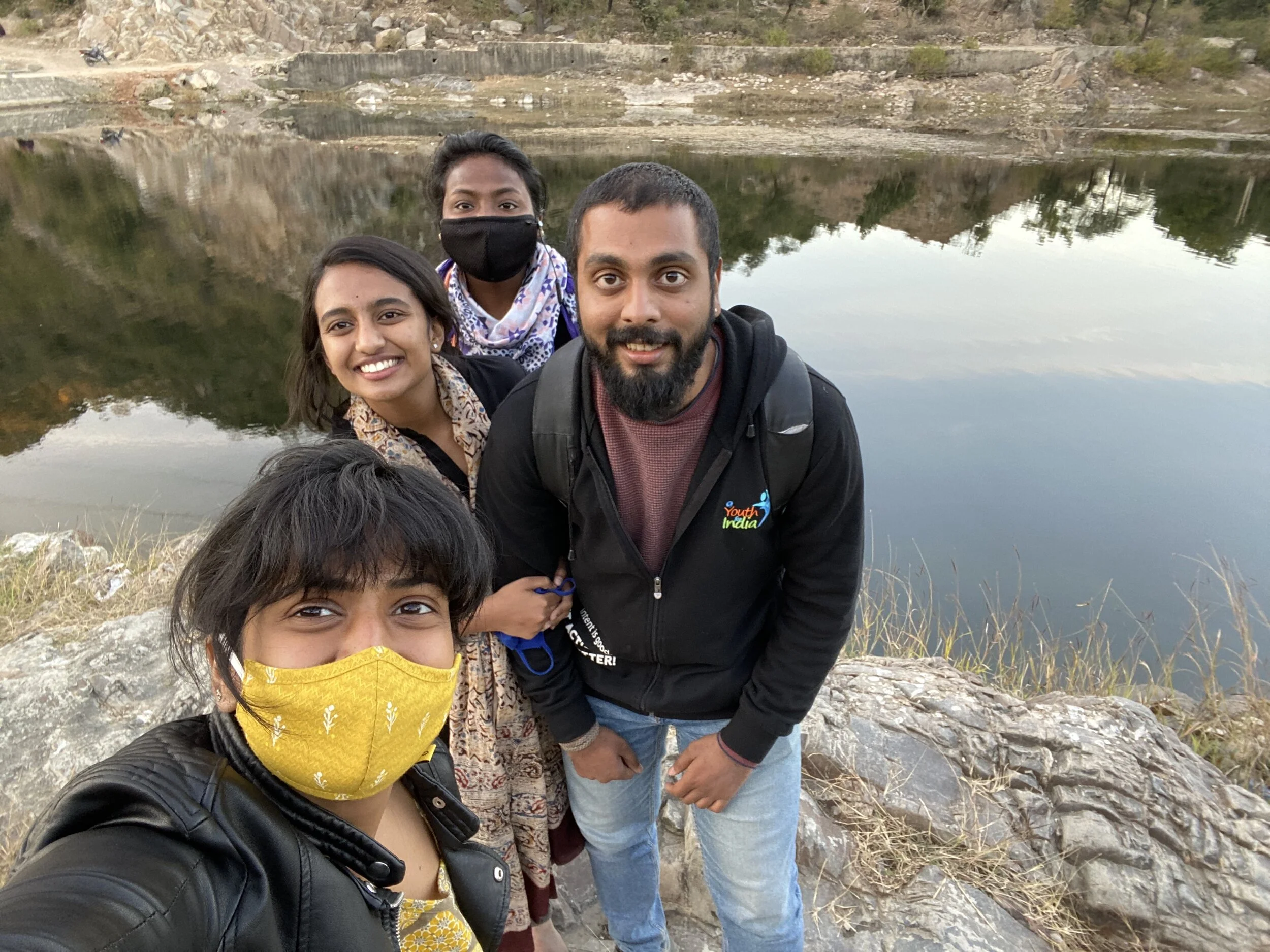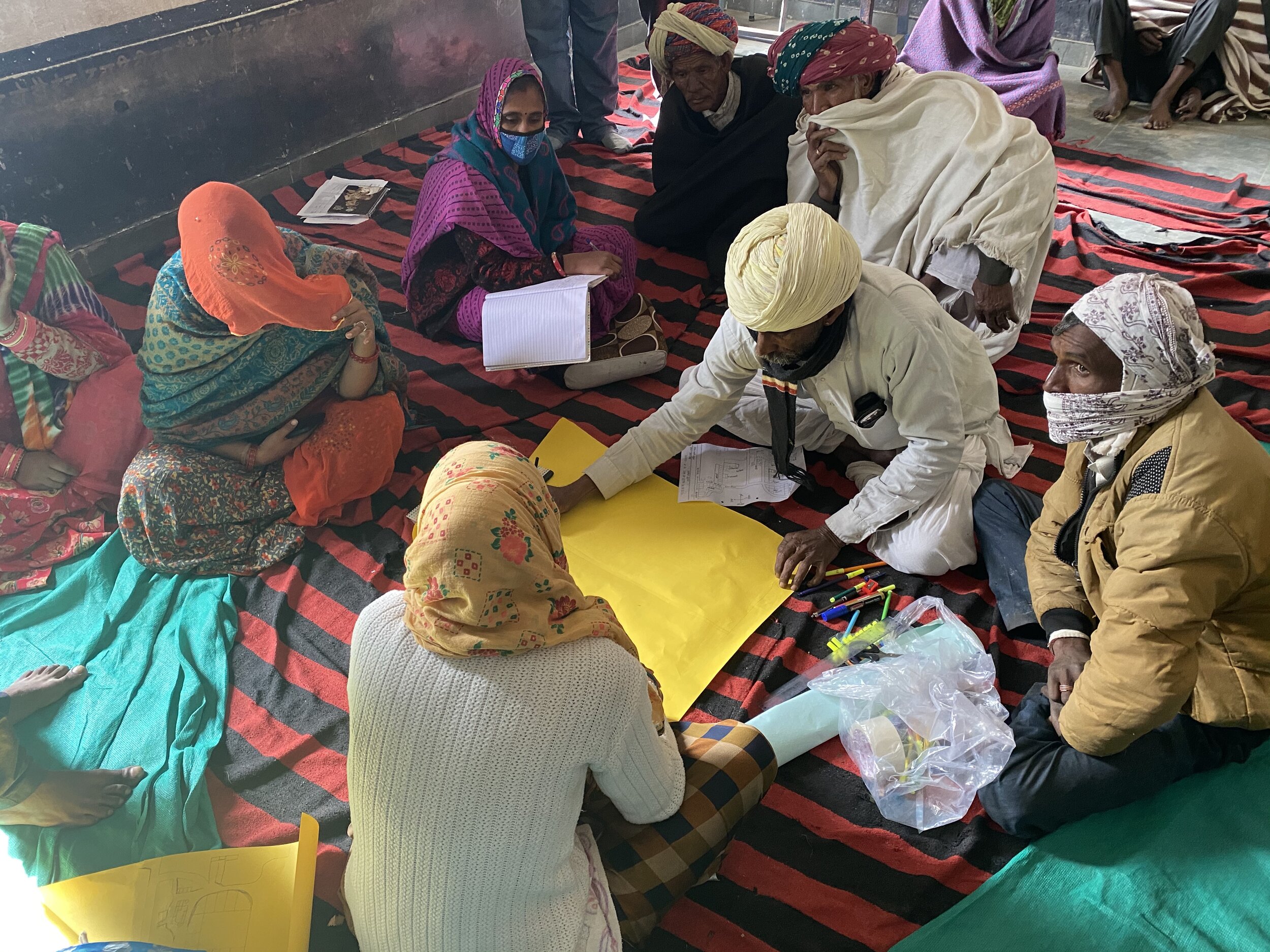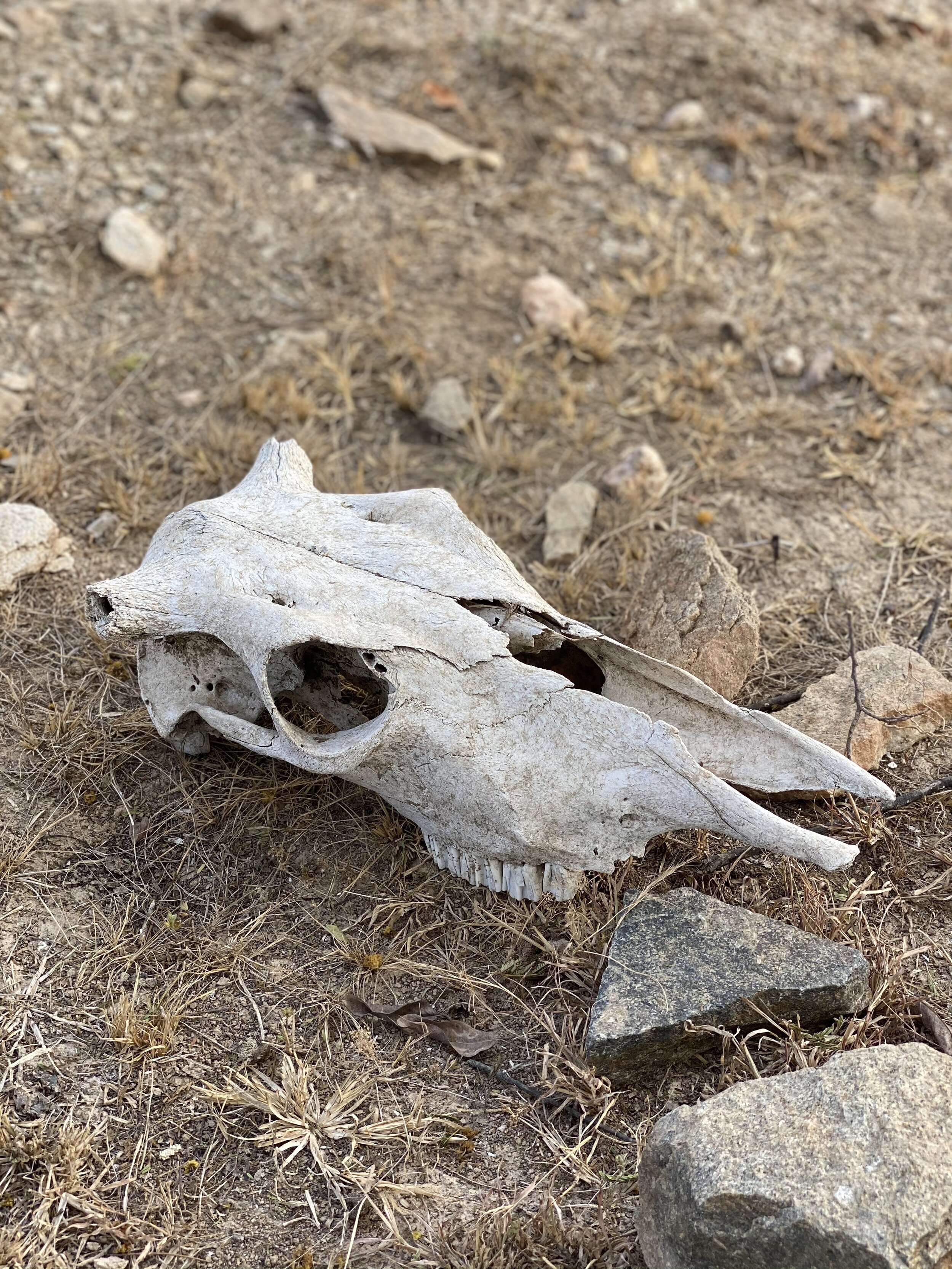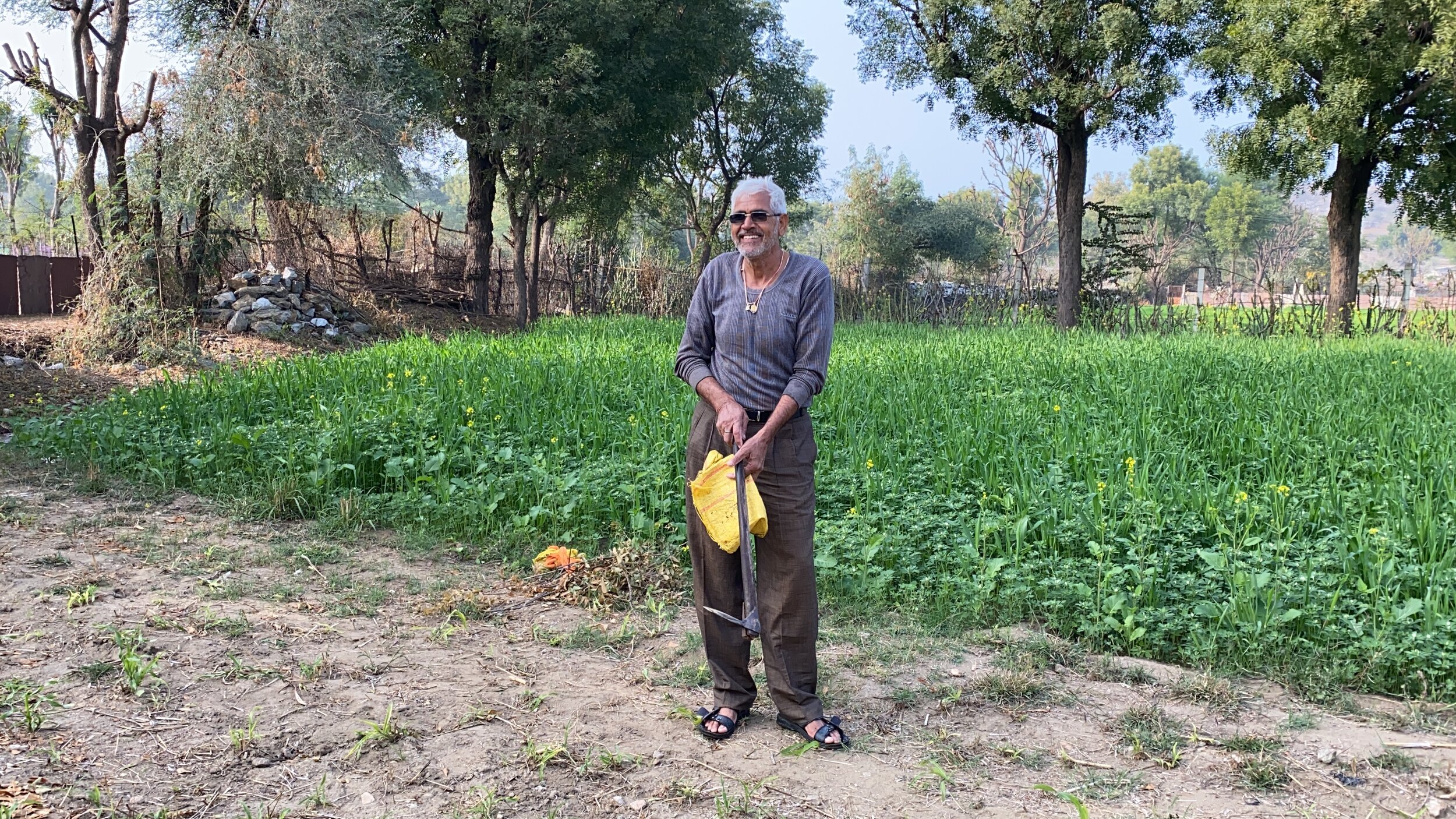The Work Begins
It has officially been two months since we have been assigned Seva Mandir in Udaipur as our partner NGO. Seva Mandir is a 53-year-old organization that caters to southern Rajasthan; it was founded as an education-based NGO but very quickly expanded after realizing that education alone won't solve deeply entrenched problems.
Seva Mandir’s now provides the following essential services in the areas it serves:
Alternate education and childcare systems for impoverished families with no access to the formal schooling system
Health and nutritional services in underserved areas
Forums and opportunities for women to earn livelihoods through entrepreneurship, farming, poultry, goatry, etc. and become leaders in their communities
Critical natural resource development programs, such as maintaining community pasturelands and forest areas, water resource protection, etc.
Livelihood opportunities for youth and other vulnerable communities
The past month+ has been consumed by field visits, where we went to villages and saw the projects Seva Mandir was working on, at a grassroots level.
Psst: Click on each photo and hover directly over the photo for more detail. ◡̈
Kotra: Nov. 26
Kotra is a village about two hours away from Udaipur. It is situated in a very remote area, almost untouched by the outside world. The vast majority of the population here are scheduled tribals who speak Vagdi. Their customs and traditions are extremely different than the rest of Mewar (southern Rajasthan):
Up until a few years ago, they used bows and arrows to shoot at any outsiders trying to come in.
They get engaged, have children, and then get married.
We have been told many times that we are not, in any circumstance, to be caught there after dark.
Seva Mandir has been working here for the past few years, bringing in much needed solar-powered electricity, capacity building around animal husbandry and agriculture, and education.
Kojawara: Dec. 1 - Dec. 8
Unmukt 2020
Seva Mandir held a pakhwada (a series of discussions) around domestic violence from November 25 to December 10, in honor of 16 Days of Activism Against Gender-Based Violence, called Unmukt, which means “liberated” in Hindi. Niku and I were assigned the Kojawara village, which became our home base, and we travelled to other nearby villages everyday to hold conversations with the local women on domestic violence, their experiences, and available resources. We also included components of menstrual hygiene and vaginal health.
Everyday was a different set of women, a different location, and different circumstances. Some days were highly successful, with engaged women who were eager to learn and talk. Other days, we were met with crickets.
Delwara: Dec. 16
Rajsi, a fellow from the September cohort of the fellowship, showed us around Delwara, a peri-urban town near Udaipur, where Seva Mandir was working on various projects to improve livelihoods, including a tourist heritage walk and Sadhna.
The heritage walk employs local youth as guides for tourists; this project highlights Delwara’s rich history and beautiful architecture while providing employment. Sadhna, Seva Mandir’s sister organization, employs women to make fair trade, environmentally friendly clothes.
Kumbalgarh: Dec. 19
Kumbalgarh has a plethora of projects, ranging from education for underprivileged children to natural resource development for the farmers here. We also had the opportunity to sit in on a series of workshops that Seva Mandir was holding, designed to help villagers brainstorm solutions to their problems and provide training for their livelihoods.
Khamnoor: Dec. 30
Sidhu and I went on this field visit by ourselves, due to our interest in agricultural projects. We visited farmers in Khamnoor and took a survey on their needs in a region that is still underserved. This field visit was my personal favorite, filled with candid conversations with small farmers about what they needed and what would make their lives better.
Jhadol: Jan. 5
Jhadol, a region in an extremely mountainous area of Rajasthan, has a host of projects related to natural resource development, community forest maintenance, women’s justice, and education.
I tagged along with Janu on her field visit, as she and her mentors held sessions surveying the disruption in education that COVID brought to the youth in the area.
Kankroli: Jan. 7
My last formal field visit, to what would become my project: Kankroli. Officially a public relations visit, we set out to capture stories from the field to share in reports to donors. Unofficially, it was also a way for me to see the terrain firsthand and visit the floriculture and horticulture projects I was so interested in seeing and being a part of.
It was an exhausting month, filled with taking in new sights and reflecting on the impact we wanted to make in the upcoming year. Seeing so many projects and speaking with so many people left us with as many questions as it did answers.
So many thoughts and doubts but one thing is made clear: our work begins now.





